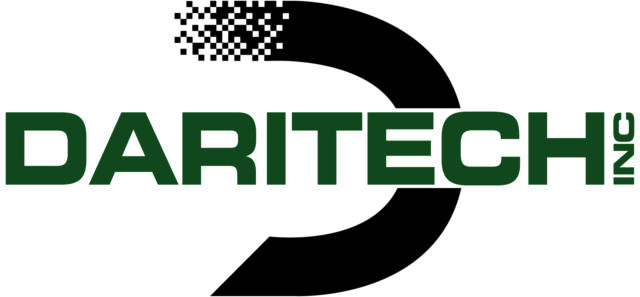The first adult book I read was Riding for the Brand by Louis L’Amour. I was 12. Afterward, I read anything with cowboys, guns and a high sense of justice, writing book reports on Zane Grey and pushing aside homework for Larry McMurty.
My neighbor gave me a grocery bag full of westerns. I read from it faithfully – until my parents found a sex scene in one of the books and took them away.
We never had cowboys in western New York. The only people who could wear a Stetson and not be laughed at were the country singers who passed through the county fairs. (Although, if the male artists had long hair, people would yell at them to cut it.) Growing up on a farm in the countryside, it was hard to play cowboys and Indians, as goats and dry cows make for ambivalent bad guys.
That particular lack of facility was soon absolved, however, by something the farm did offer: work. At the age of 12, I also started driving tractor. After being shown how to take round bales off the field and dump silage in to the heifers, I soon had the commission of “packing trench.”
Before that, our neighbor Jack Daw sometimes did it, looking for a distraction from the fact that his wife had left him. During his breaks, he would smoke a cigarette with a pained face and tell me not to trust women. Now that I could run the loader, however, it was my turn to take over.
My grandfather operated the chopper, my father hauled, and I smoothed the dumped silage into the pile, running over it again and again until the next load came.
There was no air conditioning in the cab, but there was no door either. My haphazard uncle had it open while he was packing trench. I happened to be there to hear the electric crunch of the glass colliding against the back wall. It might have been how the job got passed to me.
All songs came through the radio in fragments because reception changed as one ascended and descended the pile. The lyrics had to be filled in by your imagination or with your own singing.
The whole summer would be, in part, reduced to the width of the bunker walls, going back and forth over the silage as the trench filled. Such repetition might have been new to me at that age but a good allegory for adulthood nonetheless.
We had heard about custom choppers in the West – roving bands of machinery that moved across the fly-over states – and then one year there was an outfit in our area. They were local, started by two farmers’ sons, and many area farmers liked the idea of getting the first cutting done in a week or two. I was probably 14 when we first hired them.
They were paid by the hour and moved fast. My father mowed in front of them, probably in a gear higher than he preferred, and the trucks blew in every few minutes with silage flying out the backs.
The pressure to keep up was high. I put a few scrape marks along the walls, but it was good to be part of something with real stakes.
In my understanding of the Old West, as informed by L’Amour, there were people who had land – and people who did not. Those who had holdings raised cattle, while the cowboys moved from ranch to ranch as the season and their whims permitted. Modernity, it seems, has taken many of our cowboys and changed what the ones who remain look like (check out Cormac McCarthy’s All the Pretty Horses). It struck me then that the custom choppers were the closest thing western New York will ever see to cowboys, and it’s the closest I would ever come to being one myself.
I suspect many of history’s cowboys weren’t good people. There had to have been something of an outlaw or outcast nature in them to unhinge them from structured life. Even our storybook heroes are usually complicated men chased by demons. In the same way, it was often a rough posse who ran with the custom-choppers outfit.
They were hardened, weathered men, sometimes with reputations. The shoulder of the road would be littered with cigarette butts. As they were driving back toward the field, an arm would sometimes extend out of the cab to dump their Pepsi bottles of tobacco spit.
One long-haired kid often called the chopper operator Aspercreme and talked about the cars he stole. It was a different life than I knew. Still, when our fields were done, they passed around a 30-pack, and I got a beer too.
Now, the large farms in our area all have their own outfits, and the small farms left that don’t are few. I’m not sure what that does to the metaphor other than, like the fate of actual cowboys, place it in the past.
Still, we must invent the things around us we can’t actually have. I can’t wear the hat and not have people roll their eyes at me – but I can tell myself I was a cowboy once. PD
Ryan Dennis is the son of a dairy farmer from western New York and a literary writer. The Dennis family dairies and maintains a 100-plus cow herd of Holsteins and Shorthorns.





